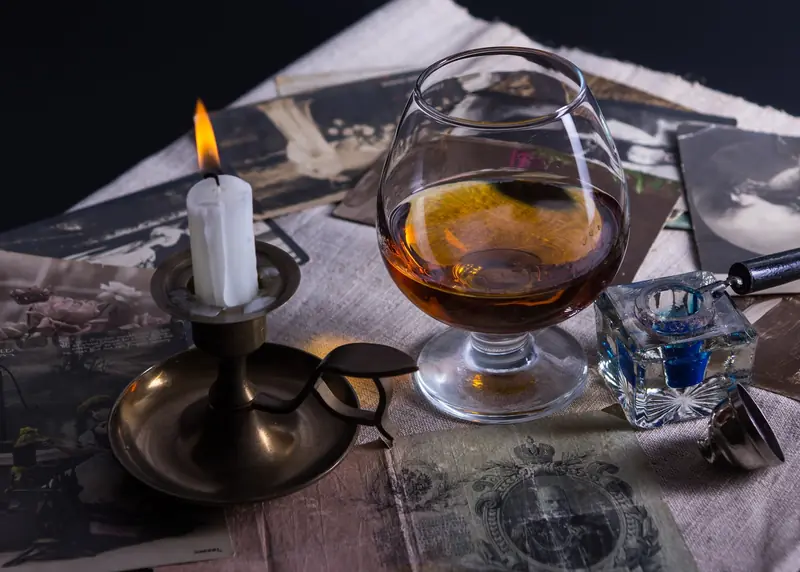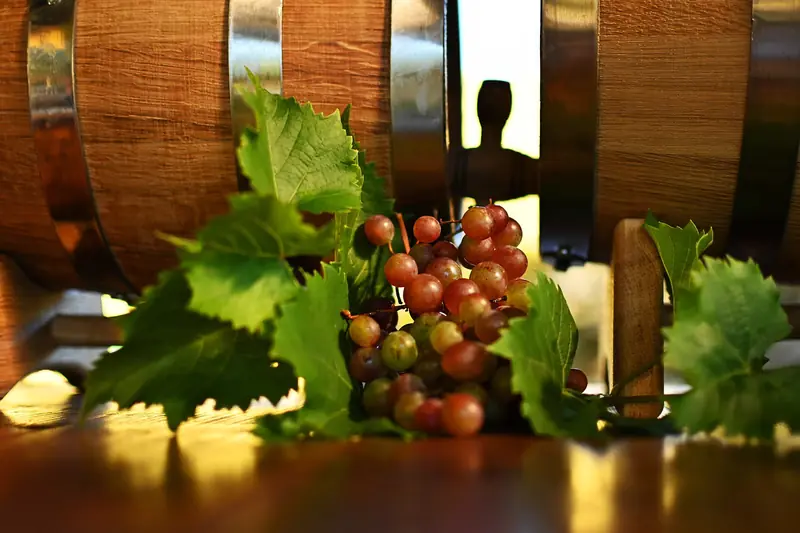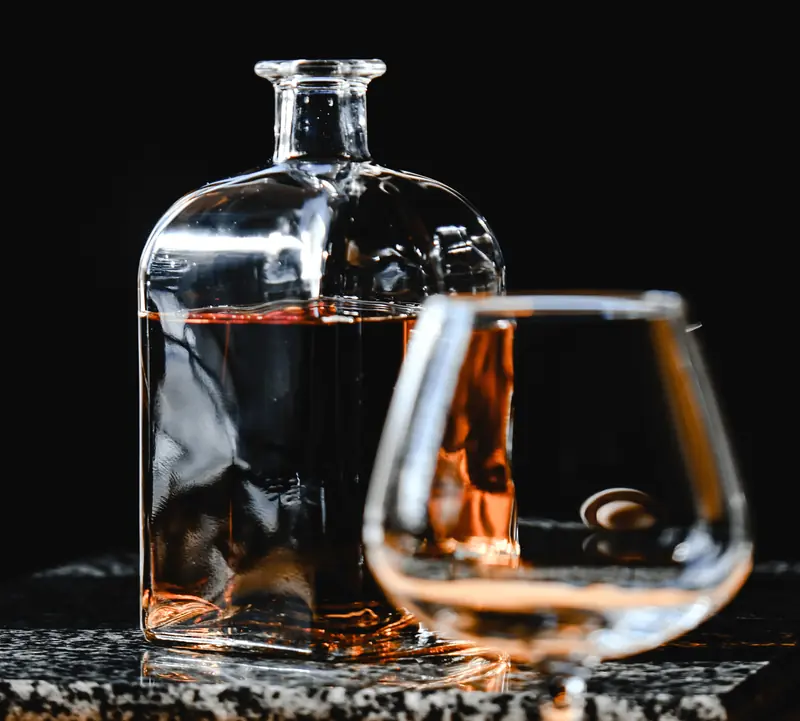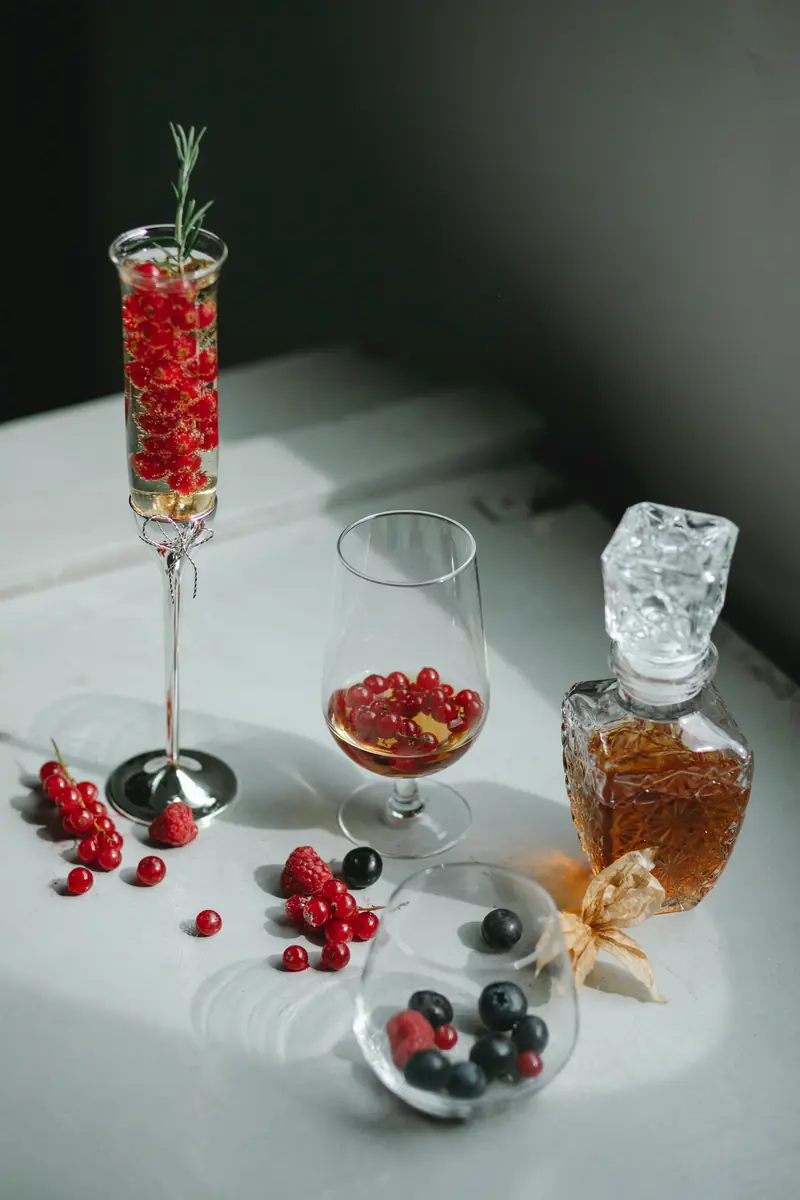
True cognac is a noble drink, and only truly refined individuals can savor its every note. To truly appreciate this divine beverage, one must possess a certain sophistication.
Producing quality alcohol is no easy task. Achieving excellent results requires a significant investment of time and effort. The craft of cognac-making is passed down through generations, demanding skills and expertise that border on artistry.
Historically, cognac has been regarded as the drink of aristocrats, captivating its admirers with its exquisite taste and unique aromas. The story of its origin and recipe is shrouded in mystery and mystique. France is considered its birthplace, as it was there that cognac was first created. However, over time, Georgia has also emerged as one of the most renowned producing countries.
What is Cognac Made From?
Unfortunately, the beverages with a certain amount of ethyl alcohol found in modern stores often have little in common with true cognac. In its original form, cognac is a type of grape brandy made exclusively from white wine. Surprisingly, the wine used must be highly acidic and unsuitable for consumption, as this condition allows the raw material to age properly in oak barrels.
The wine is made from grapes—specifically, light varieties. The selection process is taken very seriously, as the grapes must be of the wine-making kind. The most famous variety is Ugni Blanc. What winemakers appreciate most about it is its ability to thrive in almost any environment and resist various grape diseases. Additionally, it yields excellent harvests and has a high acidity level. Winemakers often use this grape variety to produce other wines, balancing out excessive sweetness.
Cognac can also be made from other grape varieties, such as Colombard and Folle Blanche. The ideal cognac is one that incorporates three types of grapes, as each variety contributes its unique note, showcasing its character. As a result, a drink emerges with the right balance of flavors and aromas. For instance, Ugni Blanc provides floral notes with a hint of spice. Folle Blanche helps create a true cognac bouquet with hints of summer fragrances—lime and violets—that only deepen with years of aging. Colombard adds the necessary sharpness and strength.
The timing of the grape harvest is crucial. This should occur around the end of October, as all the aforementioned varieties are characterized by slow ripening. Unlike the production of regular wine, no machines are used to crush the seeds during this process. Naturally, the ratio of different grape juices is determined by the producer, which ultimately influences the unique recipe.

How Cognac is Produced
The process of making this drink is just as fascinating as its history. It requires special equipment and strict adherence to the recipe. Moreover, great attention is paid to the sequence of all stages, which are as follows:
- growing and harvesting grapes;
- pressing the juice;
- fermentation;
- distillation;
- aging;
- blending.
The foundation of the process is the double distillation of the finished grape wine. To achieve the desired floral aroma, cognac must be aged for several years in oak barrels. This stage is crucial for the production of the drink.
The characteristics of the future cognac depend directly on the barrel itself—not only its taste but also its aroma and color. It must be made of oak, as this wood allows the wine to absorb around 2,000 components that impart that unique flavor. The barrels are crafted solely from wood, without the use of nails.
Barrels can be reused. The older they are, the darker the drink becomes. An old barrel also affects the strength of the cognac, which should not exceed 40-45 degrees. Interestingly, to protect the barrels from pests, spiders are deliberately bred in wine cellars, where they weave their webs around them.
To produce a good drink, the wine must be aged for at least two years. Some varieties are aged for 80-100 years, during which approximately 3% of the wine evaporates from the total volume. Winemakers refer to this loss as the “angel’s share.”
Humidity in the cellar is also important. It must be maintained at a certain level, as only then will the cognac develop all its noble qualities.
How to Properly Enjoy Cognac
A fine old cognac deserves special treatment, not tolerating haste or disrespect. With the right approach, this noble French brandy will delight you with a luxurious palette of flavors and aromas. To truly savor each sip, consider the following tips:
- the ideal atmosphere for enjoying noble brandy is a calm setting or solitude;
- the glass should not be filled to the brim—ideally, it should be filled only a third of the way;
- sips should be small, and it’s best to hold each one in your mouth for a few seconds to appreciate the aftertaste;
- after finishing the glass, take a moment to inhale the delicate aromas of the cognac that linger.
It is recommended to consume the drink neat—especially if it is a cognac aged up to 20 years. Older cognacs can be mixed with mineral water, coffee, ice, tea, juices, or added to cocktails.

What Are the Benefits of Cognac?
First and foremost, cognac has powerful antiseptic and tonic properties. Consuming it in moderation can definitely benefit the human body—just be careful not to overindulge. When combined with other beverages, cognac can serve as a remedy, such as:
- mixed with hot tea, it acts as a preventive measure against colds;
- warmed with honey and lemon, it can reduce fever;
- when taken with hot milk, it can help treat coughs and alleviate bronchitis.
It is beneficial for both men’s and women’s health. Cognac can improve skin and hair condition, relieve stomach cramps, and normalize gastrointestinal function. Consuming no more than 40 grams of cognac daily can enhance cardiovascular and vascular health. A shot before bed can help combat insomnia. Many enjoy drinking coffee with cognac to boost energy. A homemade tincture of cognac with rowan berries can improve immunity and reduce inflammation in internal organs.

We should appreciate that in our time, this drink of the gods is accessible to everyone. It allows us to feel a taste of Parnassus without traveling to distant Greece. The key is moderation, as all medicines can be toxic in large quantities—especially when it comes to the drink of the gods!))
